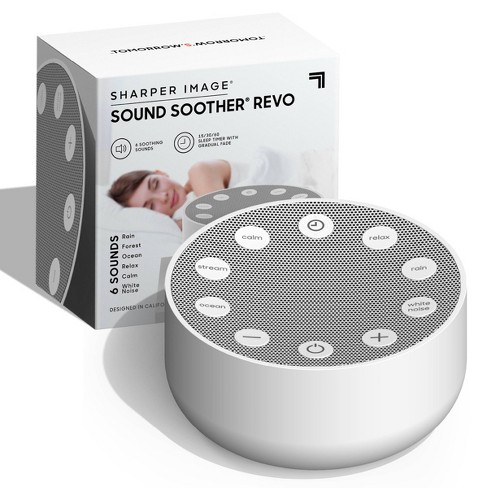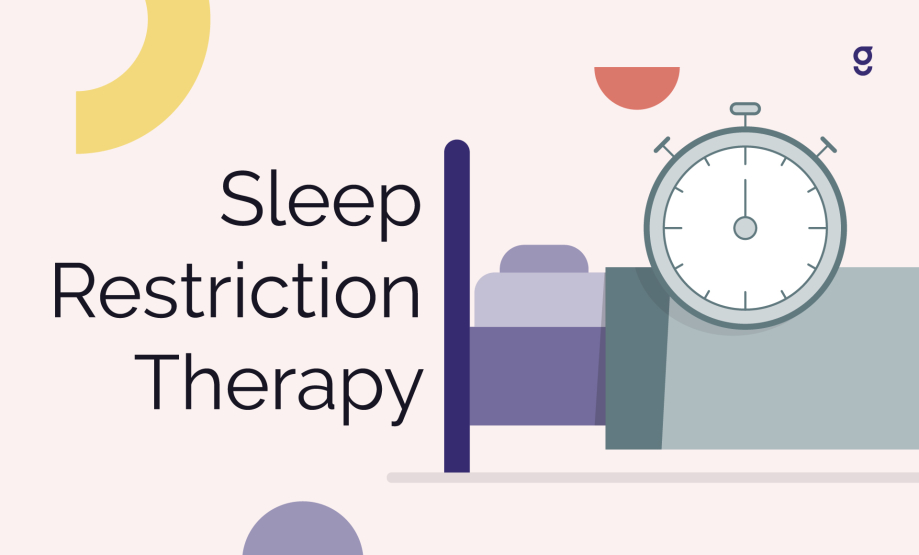Cognitive Behavioral Therapy for Insomnia (CBT-I) - Proven Approaches
Cognitive Behavioral Therapy for Insomnia (CBT-I) - Proven Approaches
Blog Article
Reliable Treatment Solutions for Managing Sleep Disorders and Enhancing Relaxed Sleep
In the realm of medical care, the management of rest conditions and the mission for relaxed rest are essential parts of total health. Reliable therapy remedies offer a diverse approach to tackle these difficulties, varying from cognitive behavioral interventions to all natural methods that advertise relaxation and mindfulness. The exploration of various methods, consisting of the assimilation of medicine and light therapy, opens up a world of opportunities in the quest of better sleep quality. As we browse the complex landscape of sleep conditions and look for to enhance our rest experience, a much deeper understanding of these treatment services might hold the secret to unlocking an extra rejuvenating and satisfying corrective trip.
Cognitive Behavior Treatment for Sleeping Disorders (CBT-I)
Cognitive Behavior Modification for Sleeping Disorders (CBT-I) is a structured, evidence-based treatment approach that focuses on addressing the hidden aspects adding to rest disturbances. This sort of treatment intends to modify behaviors and thoughts that exacerbate sleeping disorders, inevitably promoting healthy and balanced sleep patterns. CBT-I usually includes several vital elements, including cognitive treatment, rest constraint, stimulation control, and rest hygiene education and learning.
Cognitive treatment helps individuals determine and transform negative thought patterns and beliefs concerning rest that may be preventing their ability to fall or stay asleep. Sleep constraint entails restricting the quantity of time spent in bed to match the person's actual sleep duration, therefore raising rest effectiveness (insomnia therapy). Stimulus control methods help develop a solid association in between the bed and sleep by encouraging people to go to bed only when drowsy and to stay clear of participating in boosting tasks in bed
Moreover, rest health education concentrates on establishing healthy and balanced rest habits, such as maintaining a regular rest routine, producing a relaxing bedtime regimen, and optimizing the rest atmosphere. By dealing with these aspects thoroughly, CBT-I provides an efficient non-pharmacological intervention for managing sleeping disorders and improving general rest high quality.
Sleep Health Practices
Having actually developed the structure of cognitive restructuring and behavior adjustments in attending to insomnia via Cognitive Behavior modification for Insomnia (CBT-I), the focus currently moves in the direction of exploring vital Rest Hygiene Practices for preserving ideal rest high quality and general health.
Sleep health methods incorporate a variety of practices and ecological factors that can dramatically impact one's capability to drop off to sleep and remain asleep throughout the night. Constant sleep and wake times, developing a relaxing going to bed routine, and maximizing the rest atmosphere by keeping it dark, peaceful, and cool are essential elements of good sleep health. Restricting direct exposure to displays before bedtime, staying clear of energizers like caffeine close to going to bed, and taking part in routine exercise during the day can also promote far better sleep top quality.
In addition, practicing relaxation strategies such as deep breathing workouts or reflection before bed can help calm the mind and prepare the body for sleep. By incorporating these sleep hygiene methods into one's daily regimen, people can develop a healthy and balanced rest pattern that supports relaxing sleep and total well-being.
Relaxation Techniques and Mindfulness
Carrying out relaxation techniques and mindfulness practices can play a pivotal duty in see here now fostering a sense of calmness and advertising high quality rest. cognitive behavioral therapy for insomnia (CBT-I). These strategies aim to silent the mind, lower tension, and create an optimum environment for peaceful rest. One extensively practiced technique is deep breathing exercises, where individuals focus on sluggish, deep breaths to relax the mind and body. Dynamic muscle relaxation includes tensing and then launching each muscular tissue group, advertising physical leisure. In addition, directed imagery can assist transfer people to a tranquil place in their minds, aiding in stress and anxiety decrease and boosting rest high quality.
By integrating these techniques into a bedtime regimen, individuals can signify to their bodies that it is time to take a break and prepare for rest. Overall, incorporating relaxation strategies and mindfulness methods can substantially add to handling sleep disorders and improving general sleep top quality.

Medication Options for Rest Disorders
After discovering relaxation methods and mindfulness methods as non-pharmacological interventions for boosting sleep top quality, it is necessary to think about medicine alternatives for people with rest problems. In instances where lifestyle modifications and therapy do not offer adequate relief, medication can be a valuable tool in taking care of rest disruptions.
Commonly suggested medications for rest disorders consist of benzodiazepines, non-benzodiazepine hypnotics, antidepressants, and melatonin receptor agonists. Antidepressants, such as trazodone, can be rem behavior disorder advantageous for individuals with co-occurring anxiety and sleep disturbances - sleep improvement therapy.
It is essential for people to seek advice from a doctor to figure out one of the most ideal medication alternative based on their specific rest condition and clinical history.
Light Therapy for Body Clock Regulation
Light therapy, additionally referred to as photo-therapy, is a non-invasive therapy method used to control body clocks and boost sleep-wake cycles. This treatment includes exposure to intense light that imitates all-natural sunshine, which assists to reset the body's body clock. By subjecting people to details wavelengths of light, normally in the early morning or night relying on the desired effect, light treatment can properly readjust the circadian rhythm to promote wakefulness during the day and boost peaceful rest during the night.
Research has actually shown that light treatment can be specifically valuable for individuals with circadian rhythm conditions, such as postponed sleep stage syndrome or jet lag. It can likewise be helpful for those experiencing seasonal affective disorder (SAD), a sort of depression that usually occurs throughout the winter season when all-natural light exposure is reduced. Light treatment is normally well-tolerated and can be utilized together with other therapy approaches for sleep conditions to maximize results and enhance overall rest high quality.
Conclusion
Finally, reliable treatment solutions for taking care of rest disorders and improving restful sleep include Cognitive Behavior modification for Sleeping Disorders (CBT-I), sleep hygiene practices, leisure methods and mindfulness, medicine options, and light therapy for body clock law. These techniques can assist individuals improve their rest high quality and overall well-being. It is necessary to speak with a health care copyright to determine one of the most appropriate method for dealing with rest problems.
As we browse the intricate landscape of rest conditions and look for to enhance our sleep experience, a deeper understanding of these therapy solutions may hold the secret to unlocking a much more refreshing and fulfilling corrective trip.
Sleep constraint entails restricting the quantity of time spent in bed to match the person's real rest period, consequently raising rest efficiency. Constant sleep and wake times, producing a resource relaxing bedtime regimen, and enhancing the rest environment by maintaining it dark, peaceful, and cool are critical elements of great rest health. Light therapy is generally well-tolerated and can be used in conjunction with various other therapy methods for rest problems to optimize results and boost overall sleep top quality.

Report this page